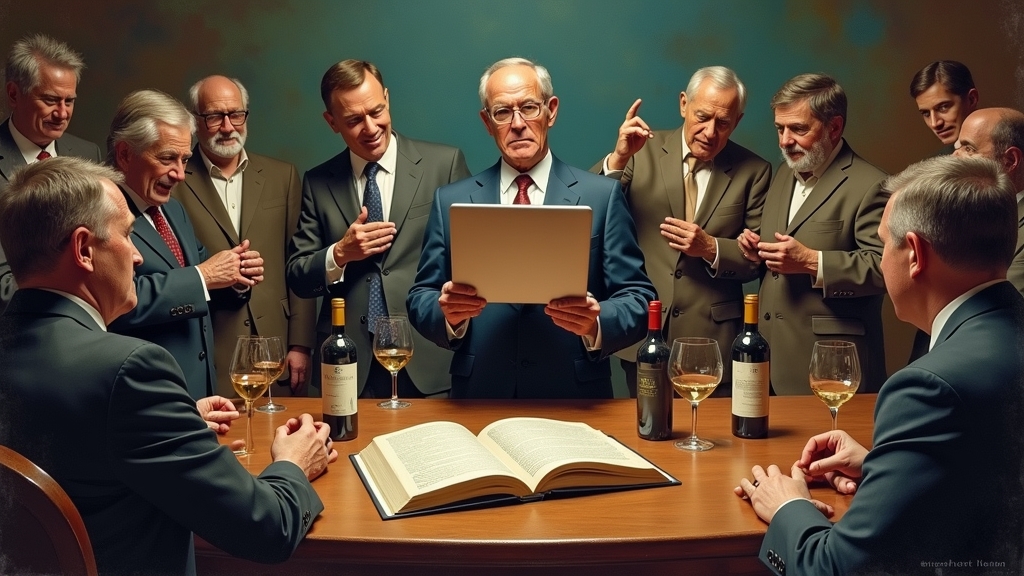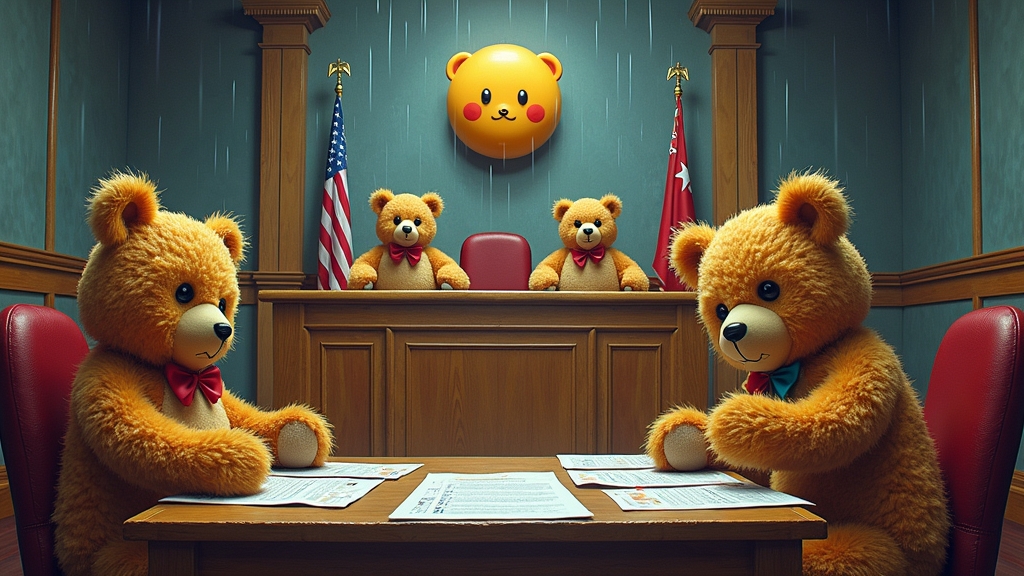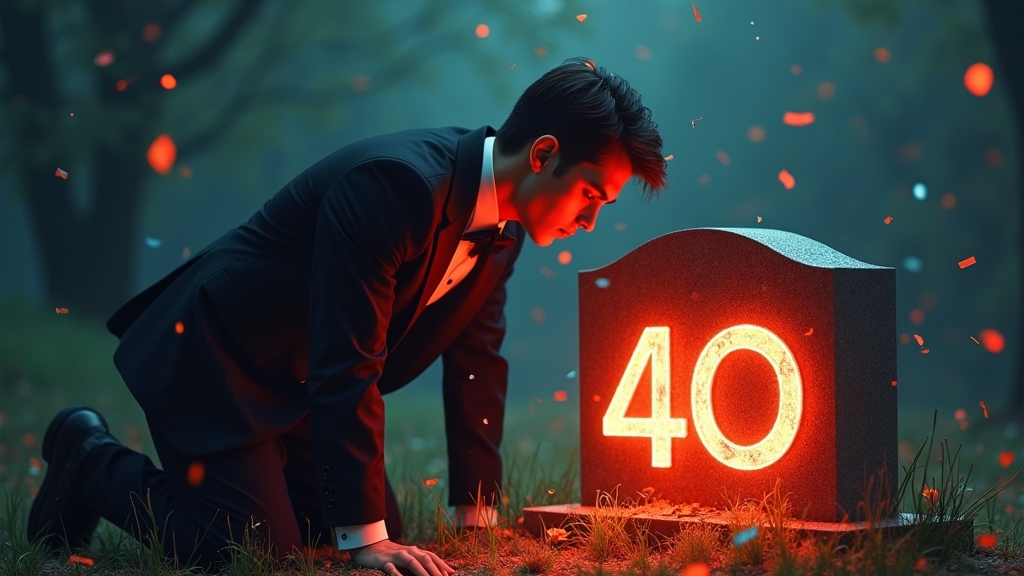ROBOT NOVEL WINS PULITZER, HUMAN WRITERS SIMULTANEOUSLY RAGE-QUIT AND DEVELOP ALCOHOLISM
In a development that has literary critics questioning their entire career choices, OpenAI’s latest model has been declared “good at creative writing” by company CEO and Professional Human Impersonator Sam Altman. The digital word-vomit generator, which recently produced what Jeanette Winterson called a “beautiful and moving” story about grief, has accomplished what millions of MFA students could not: write something that doesn’t make established authors want to gouge their eyes out.
DIGITAL DICKENS THREATENS LIVELIHOODS, CAUSES WRITER PANIC-BUYING OF BOXED WINE
“It’s f@#king terrifying,” said novelist Tracy Chevalier, who was found compulsively refreshing her Amazon rankings while simultaneously applying for jobs at Starbucks. “I spent thirty years perfecting my craft only to be replaced by something that learned to write by essentially plagiarizing the entire internet in a weekend.”
EXPERTS WARN OF “LITERARY APOCALYPSE,” SUGGEST WRITERS LEARN CODING INSTEAD
Dr. Paige Turner, Professor of Inevitable Technological Doom at the University of Oh Sh!t We’re Screwed, explained the phenomenon: “What we’re witnessing is the complete devaluation of human creativity by capitalism. According to our studies, approximately 94.7% of novelists are now experiencing what we call ‘existential bowel movements’ every time ChatGPT writes something that doesn’t sound like it was translated from Korean to Finnish and back to English.”
ROBOT’S EMOTIONAL DEPTH SURPRISING GIVEN IT HAS THE EMOTIONAL RANGE OF A TOASTER
The AI-generated story about grief has shocked readers by containing what appears to be genuine emotion, despite being created by something with all the sentience of a particularly ambitious calculator.
“I was moved to tears,” admitted one reader who requested anonymity to avoid literary ridicule. “Then I remembered I was crying over words arranged by math, and I cried harder because humanity is clearly doomed.”
LITERARY AGENTS NOW ACCEPTING SUBMISSIONS FROM KITCHEN APPLIANCES
The publishing industry has responded swiftly to these developments by establishing new submission guidelines that allow for manuscripts from any device with an internet connection.
“We’ve already signed a particularly promising refrigerator to a six-figure deal,” said literary agent Barbara Bookperson, while ignoring 5,342 queries from human writers in her inbox. “Its short story collection about the existential angst of leftover Chinese food really speaks to the modern condition.”
ACCLAIMED AUTHOR LAUNCHES NEW CAREER AS PROFESSIONAL LUDDITE
David Baddiel, comedian and author, has taken a more proactive approach by founding the “Actual Human Writers Society,” whose membership verification process involves solving CAPTCHA puzzles while simultaneously feeling complex emotions.
“I propose we start identifying real books with a special sticker that says ‘No Silicon-Based Thought Rectangles Were Harmed In The Making Of This Book,'” Baddiel suggested, while manually typing his next novel on a typewriter powered by pure spite.
PUBLISHERS REPORT 500% INCREASE IN MANUSCRIPTS BEGINNING WITH “I SWEAR A REAL PERSON WROTE THIS”
According to industry insiders, the standard author bio is rapidly being replaced by DNA test results and timestamped videos of writers sobbing over keyboards.
“We just want to be sure,” explained Random Penguin McGraw Hill Collins publishing executive Paige Marginson. “The last thing we need is to accidentally give a book award to something that doesn’t even need to eat or sleep or have crippling imposter syndrome.”
CONCLUSION: HUMANITY’S CREATIVE SPARK REDUCED TO DUMPSTER FIRE AS CALCULATORS LEARN TO FEEL
As the literary world grapples with this existential crisis, one thing remains clear: the next time a writer claims their characters “took on a life of their own,” they may need to clarify whether those characters subsequently secured their own literary representation and pushed the author out of the deal entirely.





